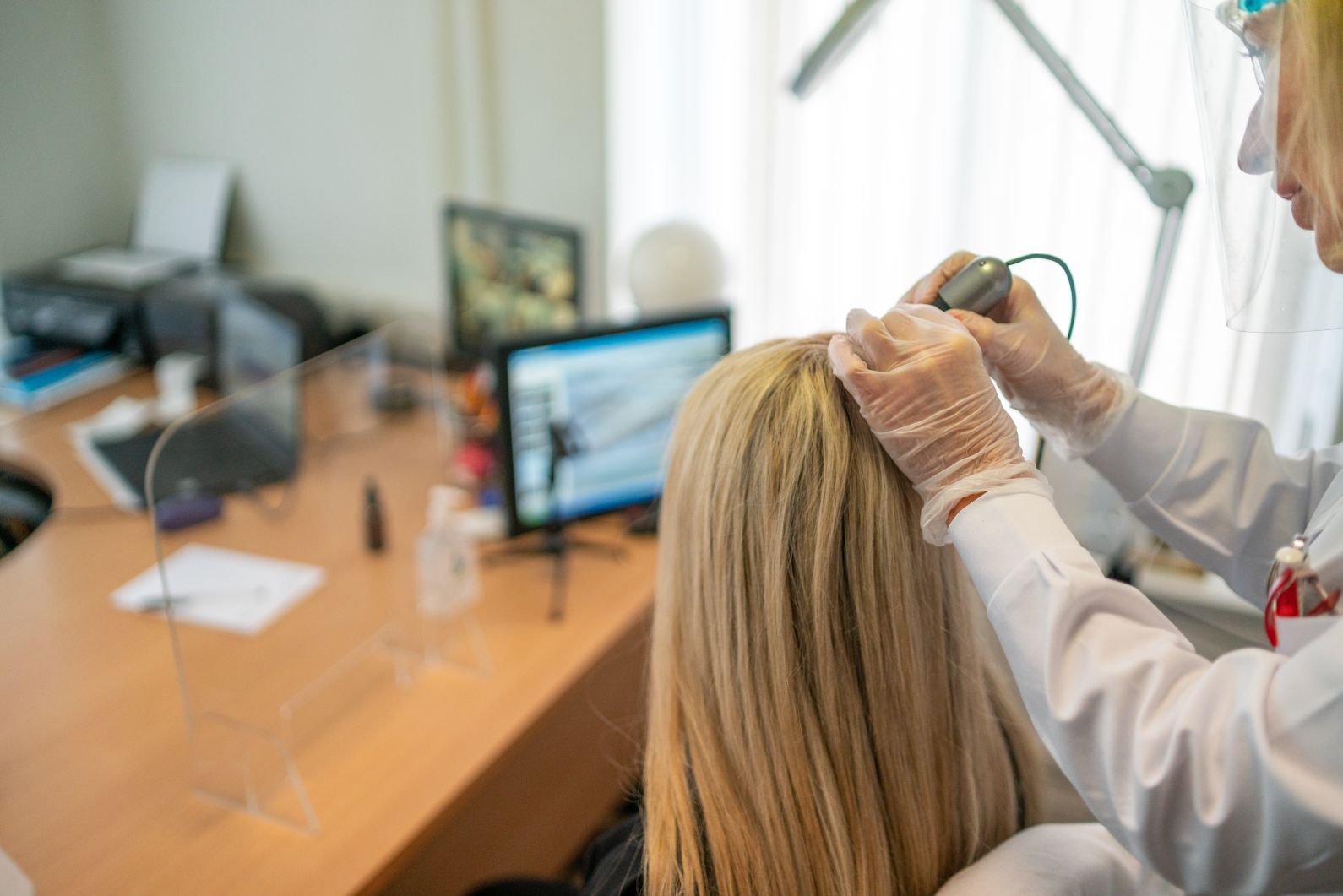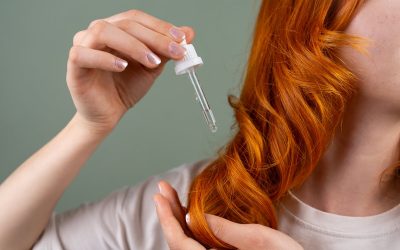An itchy scalp is a common issue that people of all ages experience. While it rarely indicates a severe problem, it can be an inconvenience as it can trigger frequent scratching. This can be embarrassing, especially when you’re in a public place or scabs or skin flakes fall off.
Medically called scalp pruritus, an itchy scalp can be concerning if it causes sores, wounds and hair loss. It should also be a source of worry if the itch prevents you from going about your normal day-to-day activities.
Fortunately, scalp itching can be successfully treated as long as the right measures are taken. But where do you start? What should you do to treat your itchy scalp?
The First Step in Treating an Itchy Scalp
Scalp pruritus has different causes – bad reaction to a hair product, dandruff, scalp sensitivity, scalp psoriasis, etc. Just like with hair loss problems, an itchy scalp cannot be treated without knowing the reason behind it. Hence, determining the cause of the persistent itching is the first step in the treatment process.
Who’s qualified to make a diagnosis?
For this problem, the best person to consult is a hair and scalp specialist like a trichologist or dermatologist. These professionals have the credentials, tools and experience needed to come up with an accurate diagnosis.
During the consultation, the specialist is going to conduct a visual examination of your scalp and learn about your medical history. She may also get samples of skin cells which will be tested for bacteria, fungi or lice.
When is the best time to see a specialist?
It is not unusual for your scalp to itch from time to time. If it goes away after a few days, then there’s no need to see a specialist. However, if the itching persists and becomes intense, do not think twice about scheduling a consultation with a trichologist or dermatologist.
In addition, if the itching is accompanied by other symptoms like pain, hair loss and sores, you should definitely seek expert help.
Treatments for Itchy Scalp
The kind of treatment you would get largely depends on the cause. Other factors that are considered when treating an itchy scalp are the severity of the condition and your age.
The treatment for your itchy scalp may involve the use of medications like antifungal creams or topical steroids. Oral medicines are also typically prescribed in cases involving tinea capitis, a scalp infection due to ringworm.
Your specialist may recommend the use of medicated shampoos, especially when the cause of the itching is dandruff or head lice.
Meanwhile, allergy medications may be prescribed if the scalp pruritus is due to an allergic reaction to dyes or certain hair products. You can also expect the specialist to advise you to stop using the product that triggered the problem.
Sometimes, an itchy scalp is the result of anxiety or stress. In these cases, meditation is used in conjunction with other medications to stop the itching.
In summary, having an itchy scalp should not be a cause for concern, especially if it resolves on its own after several days. However, if the itch becomes unbearable or comes with other symptoms, see a specialist immediately. Remember, an itchy scalp is often treatable for as long as there is an accurate diagnosis and competent trichologist or dermatologist overseeing the treatment.
Is your itchy scalp causing you inconvenience or embarrassment? Schedule an appointment with your seasoned specialist to determine the best treatment for your scalp itching. Call us now on +353 (0)1 6793618 to schedule an appointment.



